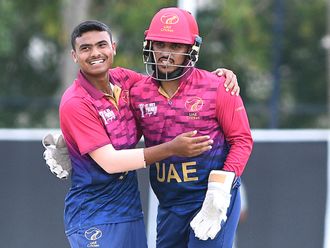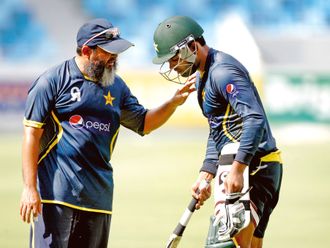New Delhi: Fresh from their defeat in the last match, six-time champions Australia will take on a high spirited India in a group match of the women’s cricket World Cup at the Bristol County Ground, England, on Wednesday.
The Australian girls lead in head-to-head comparison with eight wins while Indian eves have won only twice.
Rewind the clock to the 2009 World Cup when the Indians won two back-to-back matches, at the Australian edition of the World Cup.
Indian skipper Mithali Raj, Jhulan Goswami, Punam Yadav and Harmanpreet Kaur are the survivors of those unbelievable World Cup victories. The recipe is simple — get the best batters in for 50 overs and launch attack from first ball of the innings.
Back then, wicketkeeper opener Anagah Deshpande unleashed her cuts and pulls to rattle the Australian attack. Anjum Chopra joined the party with a gritty 76 to emerge as the Player of the Match.
The Indians need a similar effort with the bat from Smriti Mandhana and Mithali. Mithali will have to emerge from the first golden duck of her career and focus on most coveted achievement of the highest One-Day International (ODI) scorer in the world.
The Indians have the highest scorer in Mithali and highest wicket-taker in Jhulan in the same team, a first in the history of women’s cricket.
The Indians are fairly lucky with the toss, they have won three tosses out of five so far. They have to bat first as they have been lucky against the world’s top team.
During India’s 2016 tour of Australia, Mandhana and Mithali scored India’s second highest ODI partnership of 150 runs.
Harmanpreet should rise to the occasion and justify her selection as a senior all-rounder. The Indian batting looks deep till the ninth spot but they have to continuously rotate strike which could be tough, considering the Indians are playing their first match at Bristol against the fierce Australian bowling attack.
Statistically, in the 25 games of this World Cup, the team reaching 250 runs in the first innings has won. The match between Sri Lanka and Australia is the only exception.











